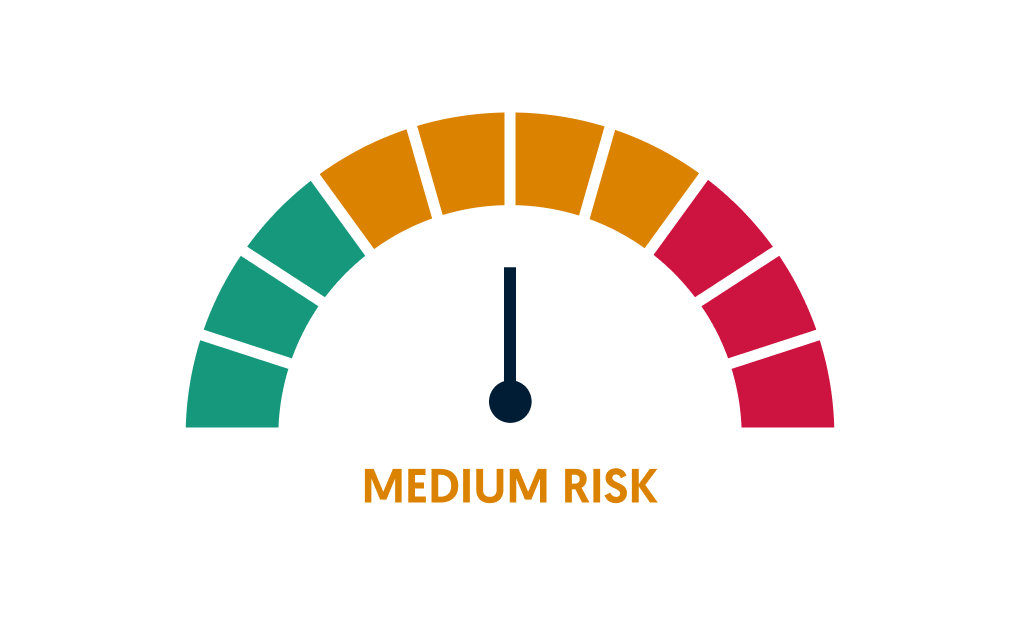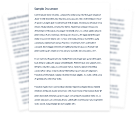Supply Agreement
The Supply Agreement sets out the relationship between you, a supplier, and the businesses purchasing the products you are supplying.
4.7 (64 reviews)
Last updated February 3, 2025
Under 10 minutes
Suitable for Australia
Written by Edwin Montoya Zorrilla
Reviewed by Damin Murdock
Document Overview
The Supply Agreement sets out the relationship between you, as a supplier, and the businesses that have purchased products that you are supplying to them. The Supply Agreement also sets out the important legal terms, such as clauses on supply and delivery of products, KPIs and reporting, Indemnities and more. The agreement provides suppliers and their clients with certainty over the supply of products, time, cost, and delivery. This agreement assumes an ongoing supply relationship between the parties, as opposed to a one-off sale. For a one-off sale, use the Sale of Goods Agreement (Short Form).
Transactions involving the supply and sale of goods are governed by state and territory-specific laws, all of which have similar requirements (eg Sale of Goods Act 1923 (NSW); Goods Act 1958 (Vic); Sale of Goods Act 1896 (Qld); Sale of Goods Act 1895 (WA); Sale of Goods Act 1895 (SA); Sale of Goods Act 1896 (Tas); Sale of Goods Act 1972 (NT); Sale of Goods Act 1954 (ACT)) (Acts).
Where an agreement does not cover certain aspects of the transaction, the requirements set out in the Acts will apply. In other words, many parts of the Acts can be excluded through this agreement. Likewise, there are similarities between the requirements in this agreement and those of the Acts. If you are unsure of how the Acts apply to your agreement, you should seek legal advice.
Please note that this agreement on its own does not create any obligations to deliver particular products at a particular time. Rather, it sets up a framework in which orders can be given through conveying the Statement of Work in Schedule 1. This is to create flexibility. Each Statement of Work should be completed as needed with extensive detail.
Schedule 2 allows for KPIs to be provided in terms of the quality and quantity of the products, as well as their mode of delivery. These can be kept as minimal or maximal as parties agree. Additionally, Schedule 3 provides for Ethics and Compliance Standards that must be met by suppliers. Whether these are relevant to the transaction at all will depend on the priorities of relationship between the parties. Minimal standards can include compliance with certain legislation around matters like modern slavery.
The Legal Risk Score of a Supply Agreement Template
Our legal team have marked this document as medium risk considering:
- The document allows for unilateral changes in pricing during extended terms, which could lead to unpredictability in budgeting and financial planning for the buyer.
- The supplier is required to comply with extensive warranties and standards, which could increase operational burden and risk non-compliance penalties.
- The agreement places the responsibility for numerous costs, including packaging, handling, and insurance on the supplier, potentially increasing their operational expenses.
Users familiar with such agreements will recognize the need for careful consideration of the terms related to pricing adjustments and the extensive warranties required, which could impact the feasibility and cost-effectiveness of the agreement for the supplier.

Supply Agreement Checklist
Complete your free Supply Agreement with our checklist
Make Orders
Place orders in accordance with the agreement.
Monitor Compliance
Regularly review the performance against the agreed-upon KPIs and compliance with the ethical standards outlined to ensure all terms are being met throughout the term of the agreement.
Update as Necessary
Be prepared to negotiate and update terms such as pricing upon renewal or as otherwise provided for in the agreement, to reflect any changes in market conditions or business objectives.
Use this Supply Agreement if:
- You are supplying products to another party;
- You want to ensure, as a supplier, that the supplying of products to your clients is accurately reported and delivered as planned; and
- You are looking to eliminate any confusion about each party’s rights and obligations.
What does the Supply Agreement cover?
- The nature of the services to be performed;
- Placement of orders and supply of products;
- Insurance;
- Termination;
- Price and payment;
- Confidentiality;
- KPIs and reporting; and
- Relevant warranties and indemnities.
Other names for Supply Agreement include:
- Product Supply Agreement;
- Supplier Agreement;
- Supply Contract.
View Sample Supply Agreement
It's never been so easy
Sign-up to a free Lawpath account
Get started and we'll take care of you. It's that easy.
Browse our 500+ legal documents
Browse our 500+ legal documents to find the perfect match to cover your business needs. We've got Compliance, Employment, Service agreements and more.
Collaborate with e-Sign and Sharing
Having access to your legal documents has never been easier. You can request e-signature, share the document and download for an efficient collaboration.
Create unlimited legal documents and eSignatures for only $39/month.
Upgrade to a Lawpath legal plan to boost your new business.


Here's what people say about Lawpath's Supply Agreement
Reviews are managed by BazaarVoice and comply with the BazaarVoice Authenticity Policy. Reviews are independently verified by BazaarVoice and detail our customers' real experiences.
0 reviews
Most Recent
Highest to Lowest Rating
Lowest to Highest Rating

